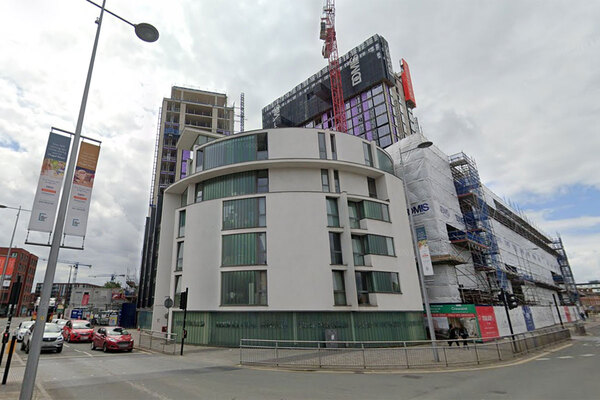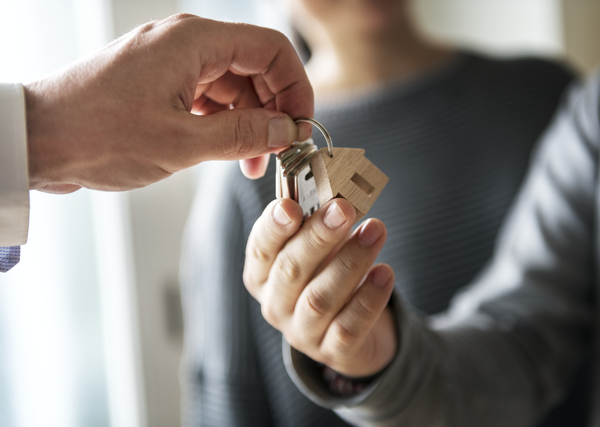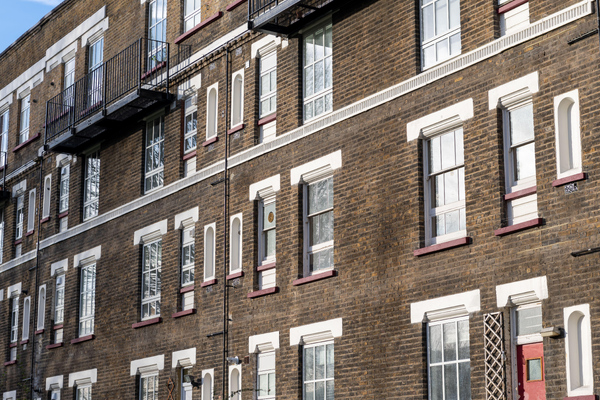You are viewing 1 of your 1 free articles
Only 57% of shared ownership residents satisfied with their social landlord
Only 57% of shared ownership residents are satisfied with their landlords and a third of tenants believe their landlords fail to listen to their views, figures released by Housemark have revealed.
Analysis by Housemark on tenant satisfaction metrics (TSM) collated by the Regulator for Social Housing have found that only 57% of shared owners are satisfied with their landlord – 26% lower than their social housing tenant equivalents.
The figures also showed that one in three tenants does not believe their landlord listens to their views and acts upon them.
According to Housemark, leading landlords are rethinking resident engagement to move beyond formal structures, harness technology to widen participation and exploring ways to co-design services with residents.
Laurice Ponting, chief executive of Housemark, said: “As Housemark already collects and analyses satisfaction and performance data, we are in a unique position to assess how the sector currently shapes up against the proposed TSMs, highlight trends and identify the drivers of good performance.
“The message from the regulator since the publication of the Social Housing Green Paper has been clear: do not wait for regulation, but do the right thing now.
“The sector has shown that it has responded to this and is already collecting and reporting on much of this data, however the regulator has said that the TSMs are the baseline from which landlords should build understanding of their tenants and that much better insight is required to truly meet the needs of a diverse range of customers.”
Housemark, which is jointly owned by the National Housing Federation and the Chartered Institute of Housing, provides data and insight on social landlords.
The figures quoted represent the sector-wide median for measures collected by Housemark from more than 200 English landlords. The figures showed that tenant satisfaction has declined across the sector over the past three years as resident expectations increase.
According to Housemark, the fact that shared ownership tenants are responsible for repairs, and that social landlords have less contact and provide fewer services, means that there is a perception that the tenure provides less value for money and that this drives down satisfaction levels.
Update at 2.30pm on 17.12.2021:
A prior version of this story was headlined ’almost half of social housing residents dissatisfied with their landlord’. This was amended.
Sign up for our daily newsletter
Already have an account? Click here to manage your newsletters













